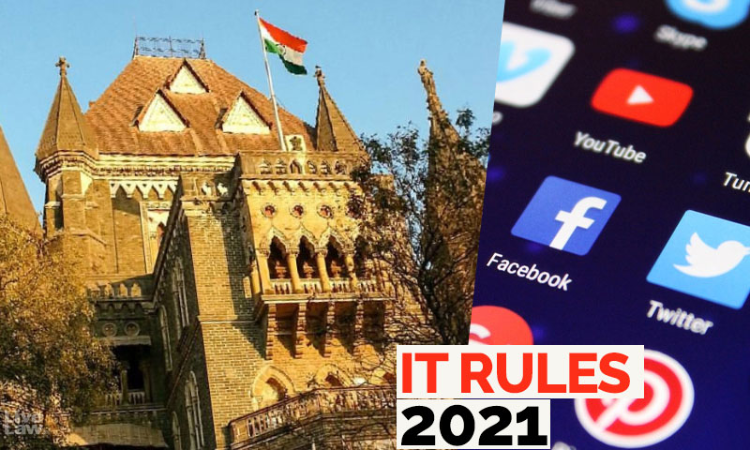The Bombay High Court on Saturday stayed Rules 9(1) and 9(3) of the Information Technology (Guidelines For Intermediaries And Digital Media Ethics Code) Rules,2021, which mandate that digital news media and online publishers should adhere to the "Code of Ethics" prescribed by the Rules.The High Court prima facie observed that the said provisions infringe the fundamental right to freedom...

